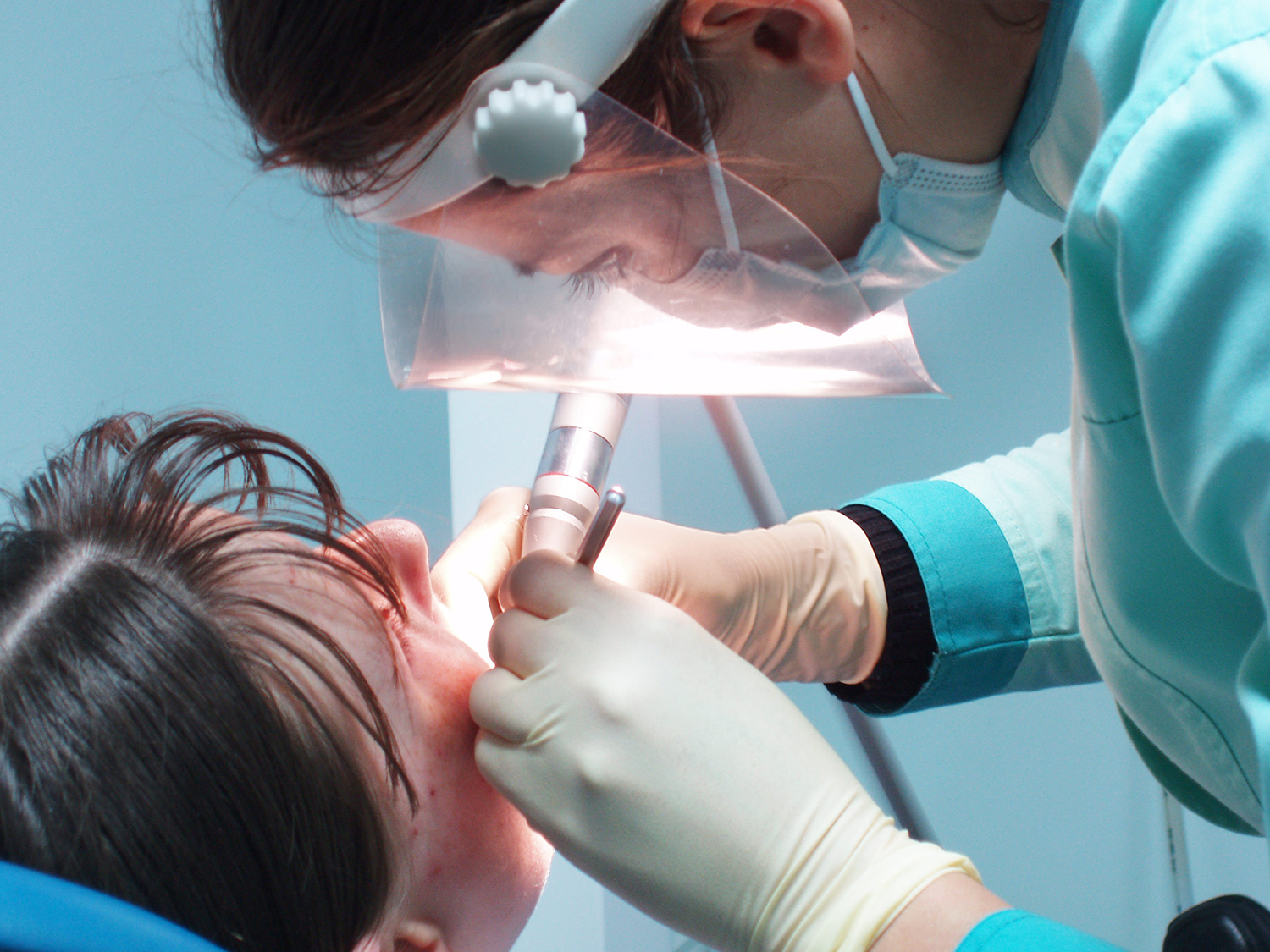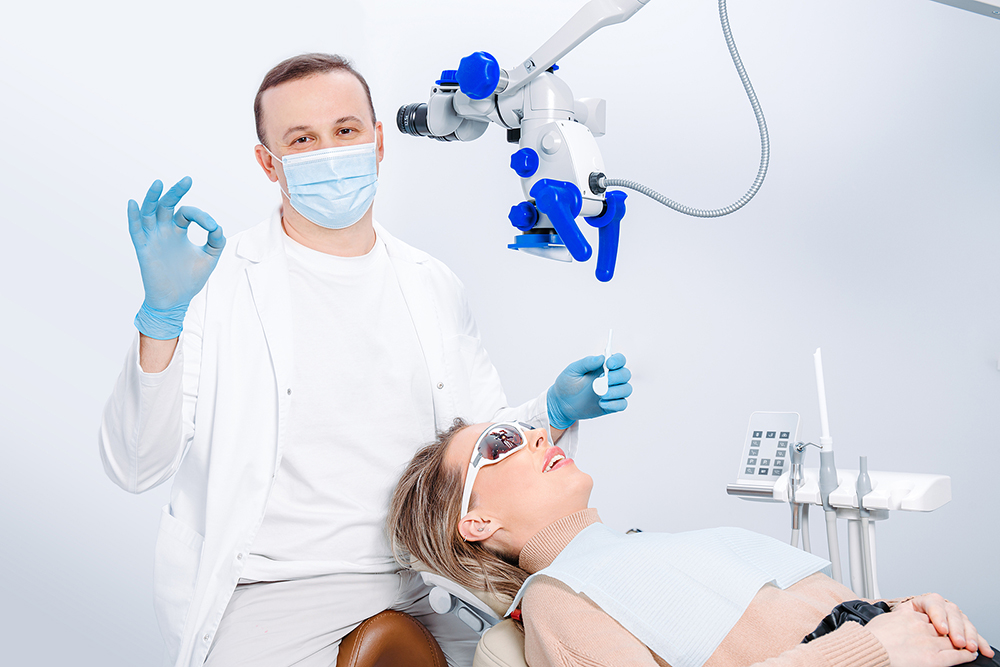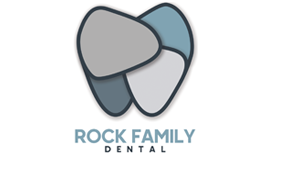If you need oral surgery, learning more about the procedure you are about to undergo can help decrease any anxiety or fear you may feel. Rock Family Dental in Rockland County NY wants all of our patients to understand the types of oral surgery treatments.
Oral Surgery In Rockland County NY
Oral surgery is a major or minor procedure inside the mouth that an oral and maxillofacial surgeon performs. An oral surgeon has many years of training and education necessary to perform these procedures. It’s essential to find an oral surgeon that you can trust, but it’s also important to understand the procedure you need.


Tooth Extractions
If you suffer from tooth decay or rotten teeth you may have a tooth that is no longer viable. A tooth no longer healthy enough to stay in your mouth needs extracting. You could also have wisdom teeth, either visible or under the surface of the gums, that are causing you pain. Extracting these teeth may be necessary.
The oral surgeon will make a small cut in the gum to expose the tooth before using a device known as an elevator to loosen it. The surgeon will then use forceps to pull it out.
Dental Implants
If you have missing teeth, especially after a tooth extraction, dental implants can serve as acceptable replacement teeth. A dental implant is a screwlike device the oral surgeon implants in the jawbone, where it will fuse with the bone as the area heals. After healing is complete, a dental crown tops off the implant. The crown looks and feels like a natural tooth. You can even get same-day dental implants after tooth extraction.
Bone Grafts
Perhaps you don’t have enough jawbone or your jawbone is too weak to support dental implants. In this case, a bone graft can strengthen your existing jawbone to create a foundation for dental implants later on. Bone grafts can come from your own body, a human donor, a compatible animal, or be synthetic.
Jaw Correction
If your jaw does not function properly or causes you pain due to TMJ, corrective jaw surgery can correct the issue so you can return to eating and talking normally.
Sleep Apnea
A severe case of sleep apnea may require oral surgery to remove excess tissues that are obstructing your airway while you sleep.
Biopsies
If your healthcare or dental provider suspects you might have oral cancer, an oral surgeon will extract a small sample of tissue to test. This is known as a biopsy.
Surgical Root Canals
A root canal is the removal of deep decay within a tooth and the root to save it. If that fails, a surgical root canal becomes necessary. An oral surgeon will perform an apicoectomy by removing the tip of the tooth root and sealing it with a filling so the bone can regenerate around it.
Periodontal Surgery
This is a treatment for severe gum disease in which the oral surgeon makes incisions along the gum line to temporarily move the tissue away from your teeth in order to clean the roots and remove harmful bacteria and plaque from under the gums. The tissue will then be put back in place.
In cases of gum recession, a gum graft may be necessary. If so, tissue from the roof of your mouth or from a donor is suitable for grafting.
Emergency Care
If you are suffering from trauma, infection, or another life-threatening oral health issue, you may need emergency oral surgery.
Types Of Sedation
Oral surgeons don’t perform these procedures without first making you comfortable. In order to prevent patients from feeling pain and discomfort, a method of sedation is chosen depending on what kind of procedure you need. Be sure to have someone drive you home after your procedure since it can take several hours for the effects of sedation to wear off.

Nitrous Oxide
For most minor procedures, nitrous oxide or laughing gas is the sedation of choice. A mask covers your nose and you breathe deeply as the gas begins to make you feel groggy and giggly. You’ll be awake during the procedure but won’t feel any pain.
Oral Medication
Maybe you prefer taking an oral medication instead of nitrous oxide. You take the medication prior to the procedure and it will make you drowsy without making you fall asleep. If you do fall asleep, you can be gently shaken awake.
IV Sedation
IV sedation is another method of sedation in which you’ll still be awake but will feel no pain during the procedure. You’ll feel pressure and a prick during the insertion of the IV line into the crook of your elbow.
General Anesthesia
This form of sedation is for major surgical procedures that you will definitely want to be asleep and unaware of throughout.
Financial Information
Rock Family Dental understands that families may have a difficult time affording care. After all, oral surgery is not cheap. That’s why we offer affordable monthly payment plans and will help you file insurance claims.
Contact Us
If you live in Rockland County NY and surrounding communities, Rock Family Dental is ready to provide you with the dental care you need. To learn more or to make an appointment, fill out an online request form or call our office at 845-613-3110 today!

